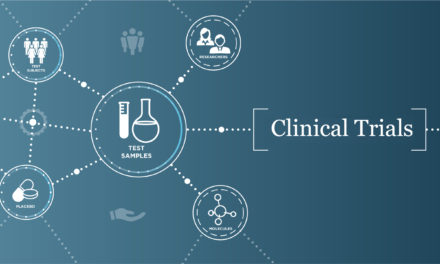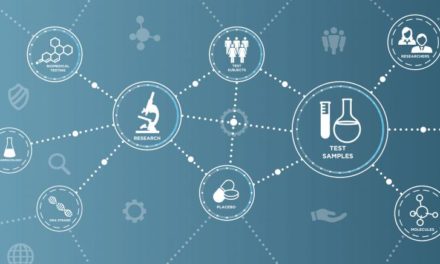Positive high-level results from the TACKLE Phase III COVID-19 treatment trial showed AstraZeneca’s AZD7442, a long acting antibody (LAAB) combination, achieved a statistically significant reduction in severe COVID-19 or death compared to placebo in non-hospitalised patients with mild-to-moderate symptomatic COVID-19.
The trial met the primary endpoint, with a dose of 600mg of AZD7442 given by intramuscular (IM) injection reducing the risk of developing severe COVID-19 or death from any cause by 50 percent compared to placebo in outpatients who had been symptomatic for seven days or less. The trial recorded 18 events in the AZD7442 arm and 37 in the placebo arm. The LAAB was generally well tolerated in the trial.
Furthermore, in a pre-specified analysis of participants who received treatment within five days of symptom onset, AZD7442 reduced the risk of developing severe COVID-19 or death from any cause by 67 percent compared to placebo, with nine events in the AZD7442 arm and 27 in the placebo arm.
AZD7442 is a combination of two LAABs – tixagevimab (AZD8895) and cilgavimab (AZD1061) – derived from B-cells donated by convalescent patients after SARS-CoV-2 virus. The human monoclonal antibodies bind to distinct sites on the SARS-CoV-2 Spike (S) protein and were optimised by AstraZeneca with half-life extension and reduced Fc receptor and complement C1q binding.
TACKLE is a Phase III, randomised, double-blind, placebo-controlled, multi-centre trial assessing the safety and efficacy of a single 600mg IM dose of AZD7442 compared to placebo for the outpatient treatment of COVID-19. The trial was conducted in 96 sites in Brazil, Czech Republic, Germany, Hungary, Italy, Japan, Mexico, Poland, Russian Federation, Spain, Ukraine, UK and US. In total, 903 participants were randomised to receive either AZD7442 or saline placebo, administered in two separate, sequential IM injections.
Participants were adults 18 years-old and over who were non-hospitalised with mild-to-moderate COVID-19 and symptomatic for seven days or less. Participants had a documented laboratory-confirmed SARS-CoV-2 infection, as determined by a molecular test (antigen or nucleic acid) from any respiratory tract specimen collected no more than three days prior to day one. The primary efficacy endpoint was the composite of either severe COVID-19 or death from any cause through day 29. According to AstraZeneca, subjects will continue to be followed for 15 months.
“These important results for AZD7442, our long-acting antibody combination, add to the growing body of evidence for use of this therapy in both prevention and treatment of COVID-19,” commented Mene Pangalos at AstraZeneca. “An early intervention with our antibody can give a significant reduction in progression to severe disease, with continued protection for more than six months.”





